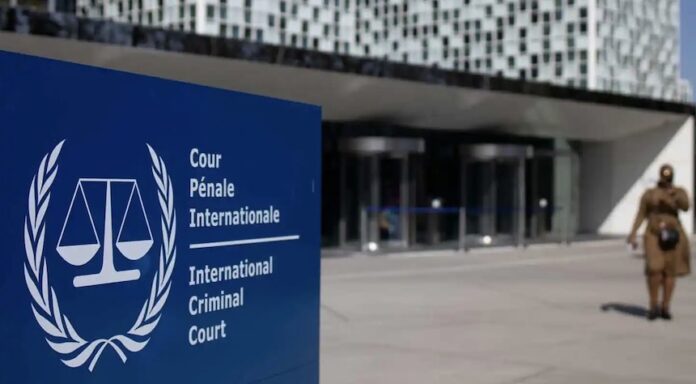International Criminal Court issued an arrest warrant against Russian President Vladimir Putin. It was based on his involvement in the kidnapping of Ukrainian children.
After the ICC declared that there were “reasonable grounds” to believe that each suspect is responsible for the war crime, unlawful deportation, and unlawful transfer of population from occupied Ukraine to the Russian Federation to the disadvantage of Ukrainian children, a warrant was issued for Maria Alekseyevna Lvova Belova.
The United States is not a member of the ICC. It does not recognize the authority of this judicial body and neither aids nor assists it.
The ICC wrote that Putin “is allegedly responsible for the war crime of unlawful deportation of the population (children) and that of unlawful transfer of population (children) from occupied areas of Ukraine to the Russian Federation.”
Maria Zakharova, the spokeswoman for the Russian Ministry of Foreign Affairs, dismissed the warrant of arrest, saying that “the decisions of the International Criminal Court are no meaning to our country, even from a legal perspective.”
Zakharova stated that Russia is not a member of the Rome Statute of the International Criminal Court. She also said that Russia does not have obligations under the Rome Statute. “Russia doesn’t cooperate with this body and any “recipes”, for arrest, coming from the International Court of Justice, will be legally null.
The decision was cheered by Andriy Kostin, Ukraine’s General Prosecutor.
Kostin stated that Putin would be detained and handed over to the ICC if he leaves Russia. “World leaders will think twice about shaking Putin’s hand or sitting at the table with him,” Kostin said. This is another signal to the world that Russia’s regime is criminal.”
The Rome Treaty of 1998 established the court as an international judicial institution. However, the ICC started its operations in 2002 in The Hague (a Dutch city).
To date, 123 nations have ratified and approved the international prosecution court’s authority.
Its purpose is to prosecute those who have committed the most serious crimes, such as genocide and crimes against humanity. It is a court with global jurisdiction that can be used as a last resort if national governments are unable to or unwilling to prosecute.
The ICC announced last year that it had launched its largest single-field investigation into war crimes committed in Russia’s devastating war in Ukraine.
To assist authorities in Ukraine in investigating war crimes, 42 investigators, forensic specialists, and support personnel were sent.




